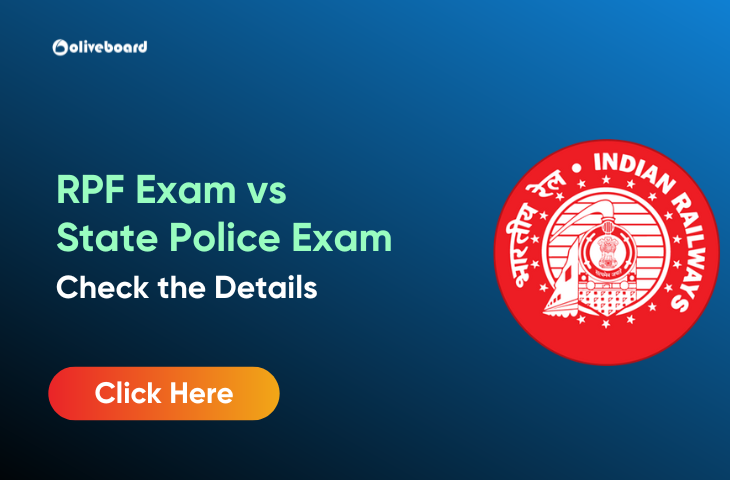RPF Exam vs State Police Exam
RPF Exam vs State Police Exam: Deciding between the Railway Protection Force (RPF) and State Police Department for a career in law enforcement often involves comparing the RPF Exam vs State Police Exam. Each pathway has distinct characteristics, including jurisdiction and recruitment procedures. To make an informed decision, it’s essential to understand the differences between the RPF Exam and State Police Exam.
What Is RPF Exam and State Police Exam?
The RPF (Railway Protection Force) exam is conducted by the Indian Railways to recruit personnel responsible for ensuring the safety and security of passengers, property, and premises within the railway system.
A State Police Exam varies depending on the state, but generally, it’s an examination conducted by the respective state government to recruit candidates for various positions within the state police department. These positions include roles such as constables, sub-inspectors, and other ranks. State police officers are responsible for maintaining law and order, preventing and investigating crimes, and ensuring the safety and security of citizens within their jurisdiction.
RPF Exam vs State Police Exam – Eligibility Criteria
Comparing eligibility for RPF and State Police exams is crucial for aspiring law enforcement officers. These exams have different criteria set to their roles. Let’s compare them to understand better.
RPF Exam:
- Age Limit: 18 to 25 years for Constable, 20 to 25 years for SI.
- Educational Qualification: 10th pass for Constable, Graduation for SI.
- Nationality: Must be an Indian citizen.
- Physical Standards:
| Position | Height (Male) | Height (Female) | Chest (Male Only) | Weight |
| Constable | 165 cm | 157 cm | Unexpanded: 80 cm, Expanded: 85 cm | Proportionate to height and age |
| Sub-Inspector (SI) | 165 cm | 157 cm | Unexpanded: 80 cm, Expanded: 85 cm | Proportionate to height and age |
- Number of Attempts: No limit until the candidate is within the age limit.
State Police Exam:
- Age Limit: The age criteria can vary by state, but generally, it is between 18 to 25 years with certain relaxations for reserved categories.
- Educational Qualification: Typically, the educational requirement is passing the 10th or 12th class for constable posts and a bachelor’s degree for SI. This can vary slightly depending on the state.
- Nationality: Must be an Indian citizen.
- Physical Standards:
| Criteria | Male Candidates | Female Candidates |
| Height | Varies by state; typically around 170 cm (5’7″) | Varies by state; typically around 157 cm (5’2″) |
| Chest (Only for Male Candidates) | Varies by state; typically around 80 cm (31.5″) unexpanded, with a minimum expansion of 5 cm (2″) | N/A |
| Weight | Proportionate to height and age as per medical standards | Proportionate to height and age as per medical standards |
- Number of Attempts: The number of attempts allowed varies across different states. Some states have no strict limits, while others follow specific guidelines.
Note: It is important to note that the specific eligibility criteria for State Police Exams can differ from state to state, so it’s advisable to check the respective state’s official notification for precise information. The RPF Exam, being a central force, has uniform eligibility criteria across the country.
RPF Exam vs State Police Exam – Selection Process
We will explore the differences between two important exams: the RPF Exam and State Police Exams. Understanding the Selection Process distinctions is vital for anyone interested in pursuing a career in law enforcement.
| Selection Stages | RPF Exam | State Police Exam |
| Written Exam | Computer Based Test (CBT) assessing general knowledge, reasoning, and numerical aptitude. | Entrance Examination assessing similar areas as RPF CBT. |
| Physical Tests | Physical Efficiency Test (PET) and Physical Measurement Test (PMT) to assess fitness and measurements. | Physical Ability Test (PAT) to assess physical capabilities. |
| Document Verification | Verification of original documents. | May include background checks and additional verifications. |
| Medical Examination | Required to ensure candidates are medically fit. | Similar medical check-up to ensure fitness. |
| Psychological Evaluation | NIL | Some states may include a psychological evaluation. |
| Background Check | NIL | Background investigation and polygraph test in some states. |
RPF Exam vs State Police Exam – Exam Pattern
The RPF Exam and State Police Exam patterns differ in how they assess candidates for law enforcement roles. Understanding these differences is vital for aspirants preparing for these careers.
| Exam Pattern | RPF Exam | State Police Exam |
| Exam Mode | Online Computer Based Test (CBT) | Mostly offline, some states may conduct online |
| Sections | General Awareness, Arithmetic, General Intelligence & Reasoning | General Knowledge, Reasoning, Numerical Ability, Language Proficiency (varies by state) |
| Number of Questions | 120 | 100-200 |
| Total Marks | 120 | 100-300 |
| Duration | 90 minutes | 1-3 hours |
| Negative Marking | Yes (1/3 mark deduction for incorrect answers) | Commonly 1/4 or 1/3 mark deduction for incorrect answers |
Note: These values are approximate and can vary by state. Candidates should refer to the official notifications for detailed information on the exam pattern for the state they are interested in. The RPF Exam has a consistent pattern across the country as it is a central force.
RPF Exam vs State Police Exam – Syllabus
Comparing the Syllabus of the RPF Exam and State Police Exams reveals differences in what they test. Though both assess candidates for law enforcement roles, they emphasize different subjects and skills.
| Syllabus | RPF Exam | State Police Exam |
| General Awareness | Current events, Indian history, Art & Culture, Geography, Economics, General Polity, Indian Constitution, Sports, General Science. | Typically includes current affairs, major financial/economic news, budget and five-year plans, who’s who, sports, books and authors, awards and honors, science – inventions and discoveries, abbreviations, important days, international and national organizations. |
| Arithmetic | Tests on number systems, whole numbers, decimal and fractions and relationships between numbers, fundamental arithmetical operations, percentages, ratio and proportion, averages, interest, profit and loss, discount, use of table and graphs, mensuration, time and distance, ratio and time, time and work, etc. | Usually covers number systems, simplification, ratio and proportion, percentage, time and distance, lcm, compound interest, unitary method, time and work, algebra, data interpretation, mensuration, and arithmetic. |
| General Intelligence & Reasoning | Includes analogies, similarities and differences, spatial visualization, spatial orientation, problem-solving, analysis, judgment, decision making, visual memory, discrimination, observation, relationship concepts, arithmetical reasoning, verbal and figure classification, arithmetical number series, non-verbal series, coding and decoding, statement conclusion, syllogistic reasoning. | Often involves questions on analogies, similarities and differences, spatial visualization, spatial orientation, problem-solving, analysis, judgment, decision making, visual memory, discrimination, observation, relationship concepts, arithmetical reasoning, verbal and figure classification, arithmetical number series, non-verbal series, coding and decoding, statement conclusion, syllogistic reasoning. |
| General English | Tests on understanding of English language, its vocabulary, grammar, sentence structure, synonyms, antonyms and its correct usage, etc. | May include comprehension, one-word substitution, synonyms, antonyms, spelling error, spot the error, fill in the blanks, idioms & phrases, sentences improvement, active/passive voice of verbs, direct/indirect speech, para jumbles, cloze passage. |
Conclusion
Comparing the RPF Exam to State Police Exams highlights important differences in eligibility, selection, and exam formats. Understanding these variances is crucial for candidates to prepare well and choose the right path in law enforcement. Whether aiming for a national role in the RPF or a state-level position in the police department, it’s essential to comprehend these distinctions for a successful career start.
RPF Exam vs State Police Exam – FAQs
Ans: RPF Exam: Candidates should be between 18 to 25 years of age, with specific relaxations for SC/ST and OBC categories. Educational qualifications range from completing the 10th class for constable posts to a bachelor’s degree for SI.
State Police Exam: Age criteria generally fall between 18 to 25 years, varying by state, with similar relaxations for reserved categories. Educational requirements usually include passing the 10th or 12th class for constable posts and a bachelor’s degree for SI.
Ans: While there are similarities, there are also differences in the syllabus:
RPF Exam: Syllabus includes General Awareness, Arithmetic, and General Intelligence & Reasoning.
State Police Exam: Syllabus usually covers General Knowledge, Reasoning, Numerical Ability, and sometimes General English, with variations based on the state.
Ans: Candidates should tailor their preparation to the specific requirements of each exam, focusing on the prescribed syllabus and practicing relevant skills. Additionally, staying updated on any changes or notifications from the respective authorities is crucial for both exams.
- Important GK Questions for RPF Constable, Download PDF
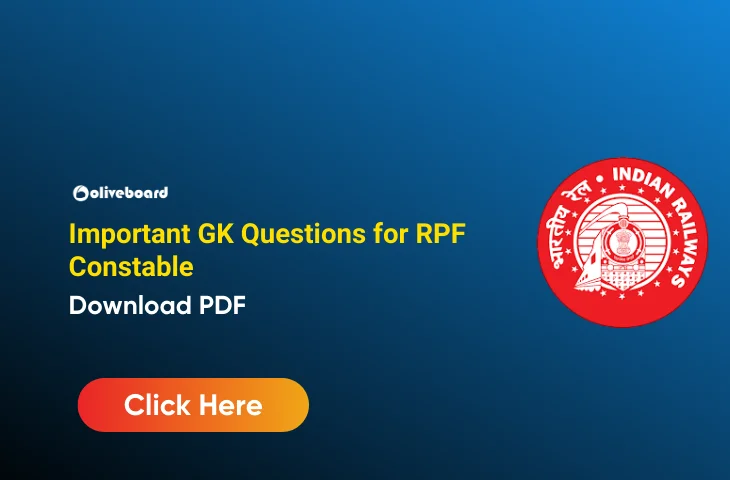
- Important RPF Constable Maths Questions, Download PDF
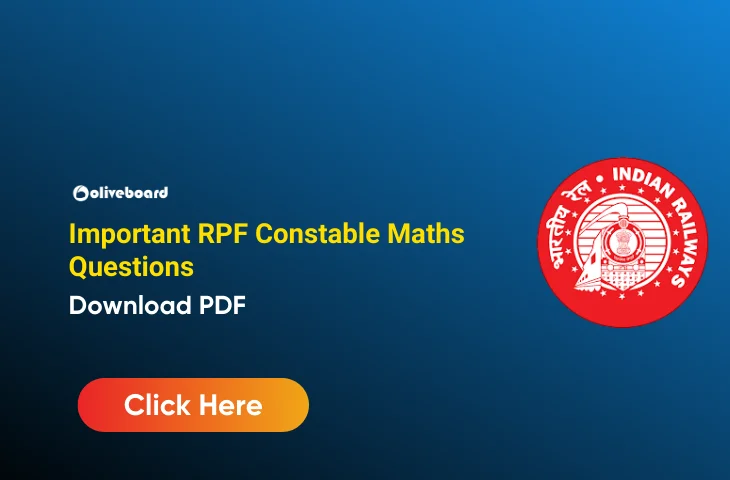
- RPF SI Exam Centre 2026, Check Zone Wise Exam Centre List
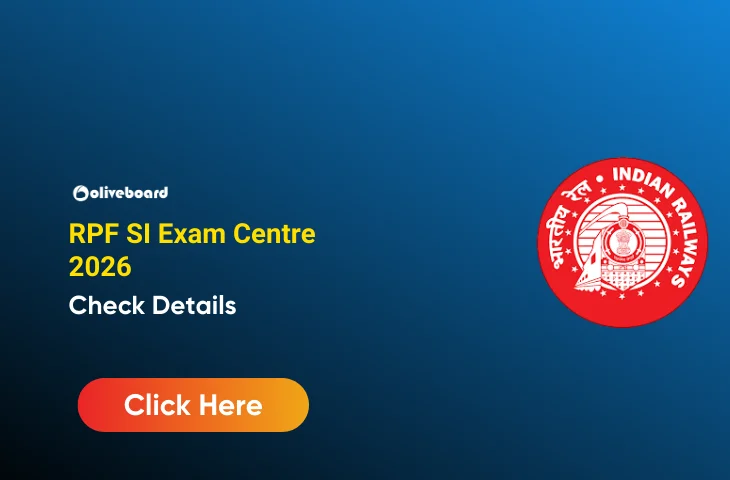
- RPF SI Physical Eligibility 2026, Check PET/PMT Criteria
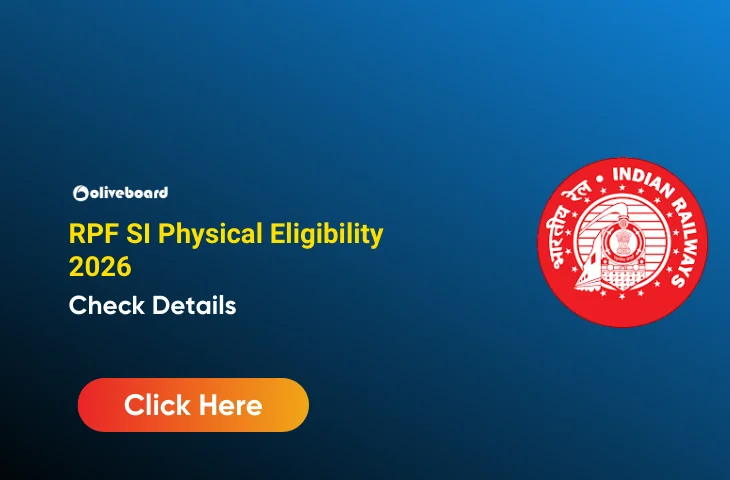
- RPF SI Math Syllabus 2026, Check Important Topics
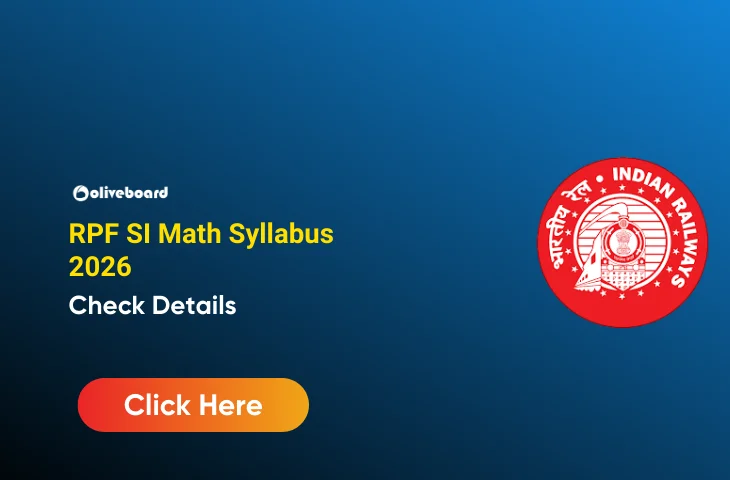
- RPF SI Selection Process 2026, Check the Major Stages
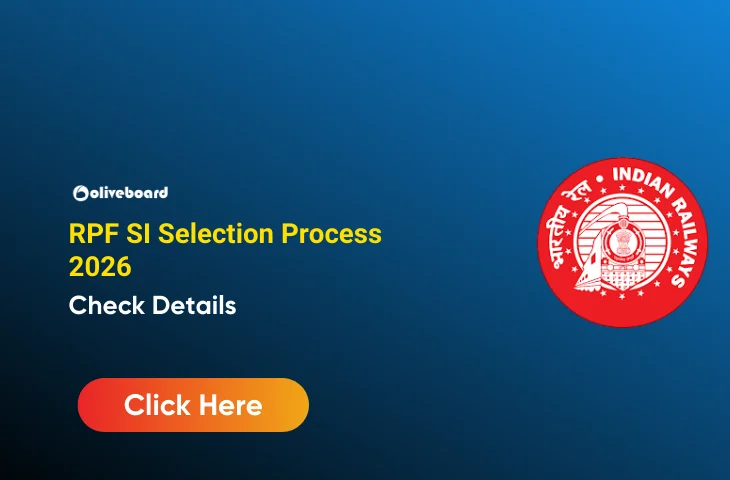

Priti Palit, is an accomplished edtech writer with 4+ years of experience in Regulatory Exams and other multiple government exams. With a passion for education and a keen eye for detail, she has contributed significantly to the field of online learning. Priti’s expertise and dedication continue to empower aspiring individuals in their pursuit of success in government examinations.
